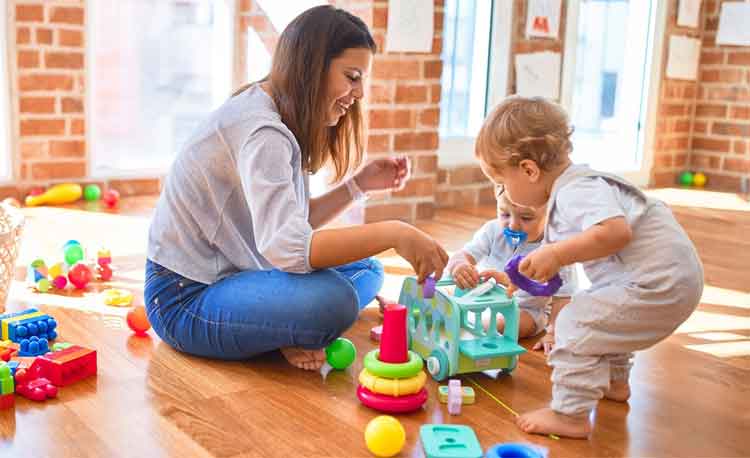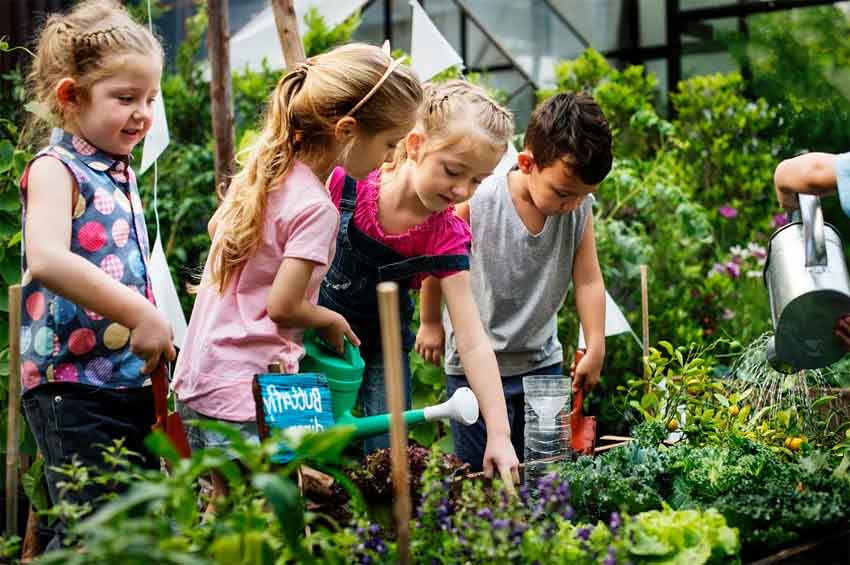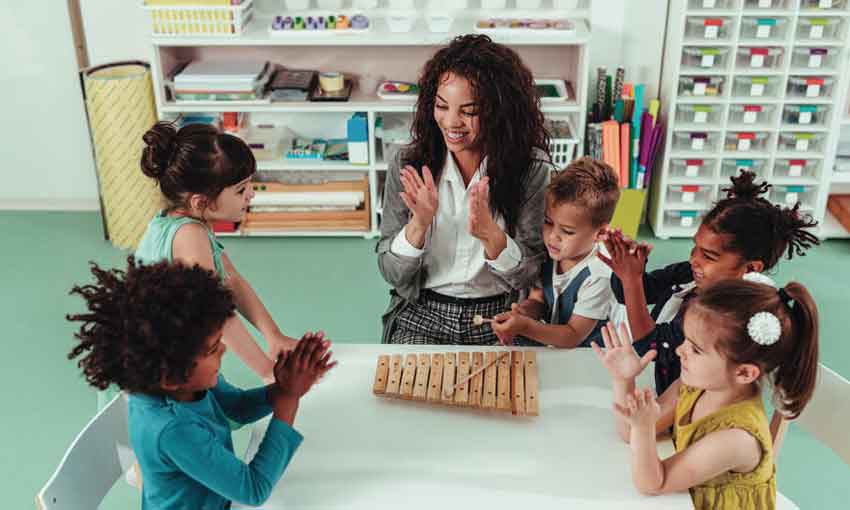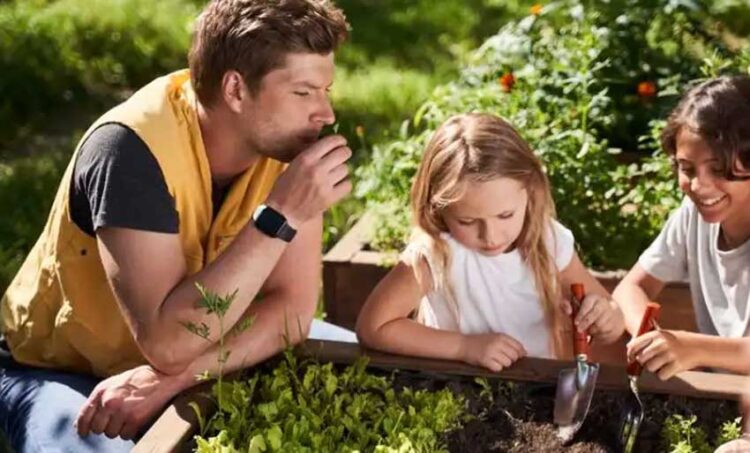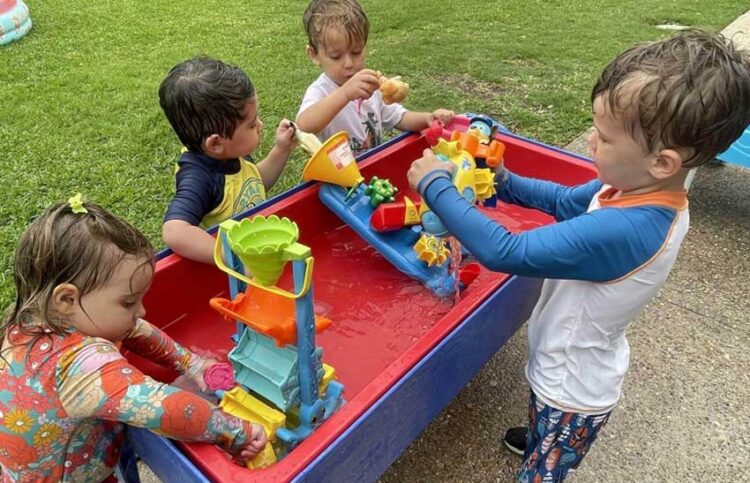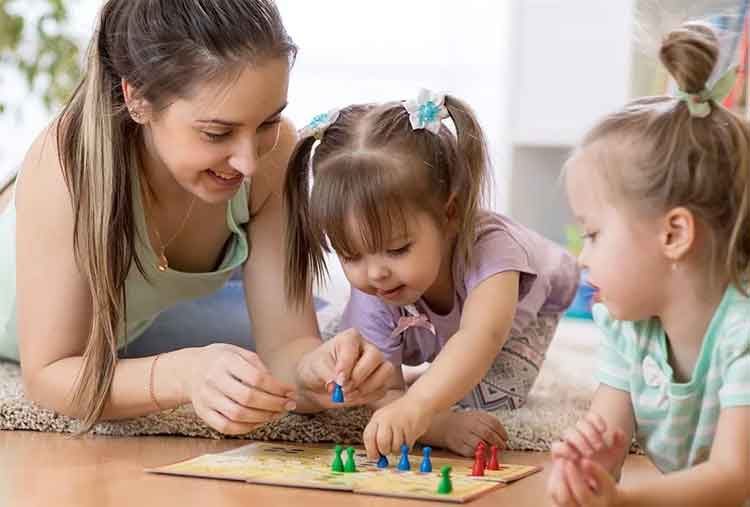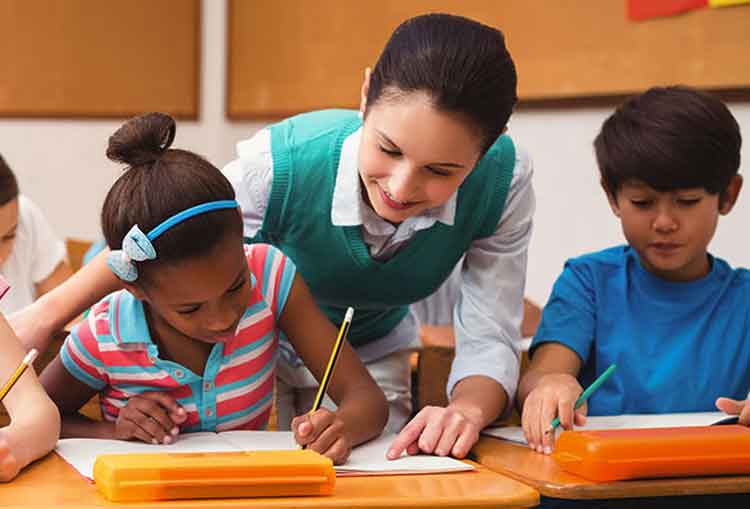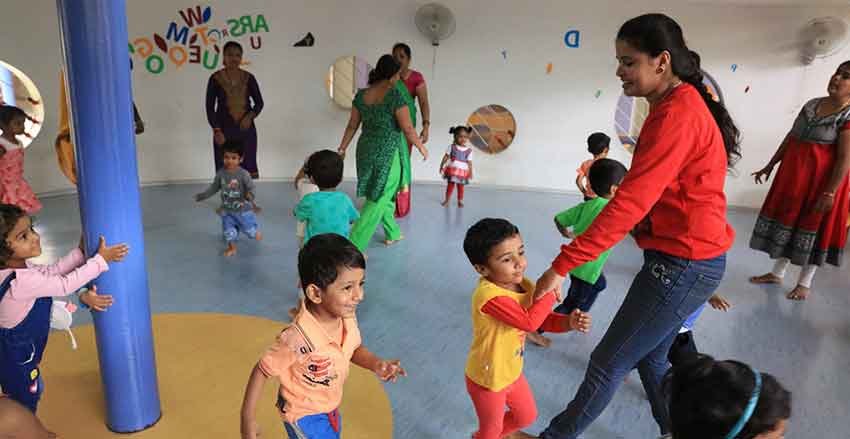Bridging Classic and STEAM Education with Montessori Tools
The Montessori education system, with its century-old tradition, has always emphasized hands-on learning, independence, and fostering a child’s natural curiosity. With the rising importance of STEAM (Science, Technology, Engineering, Arts, and Mathematics) education, educators are now finding innovative ways to blend these modern approaches with traditional Montessori tools. This article explores how bridging Montessori tools […]
Bridging Classic and STEAM Education with Montessori Tools Read More »
